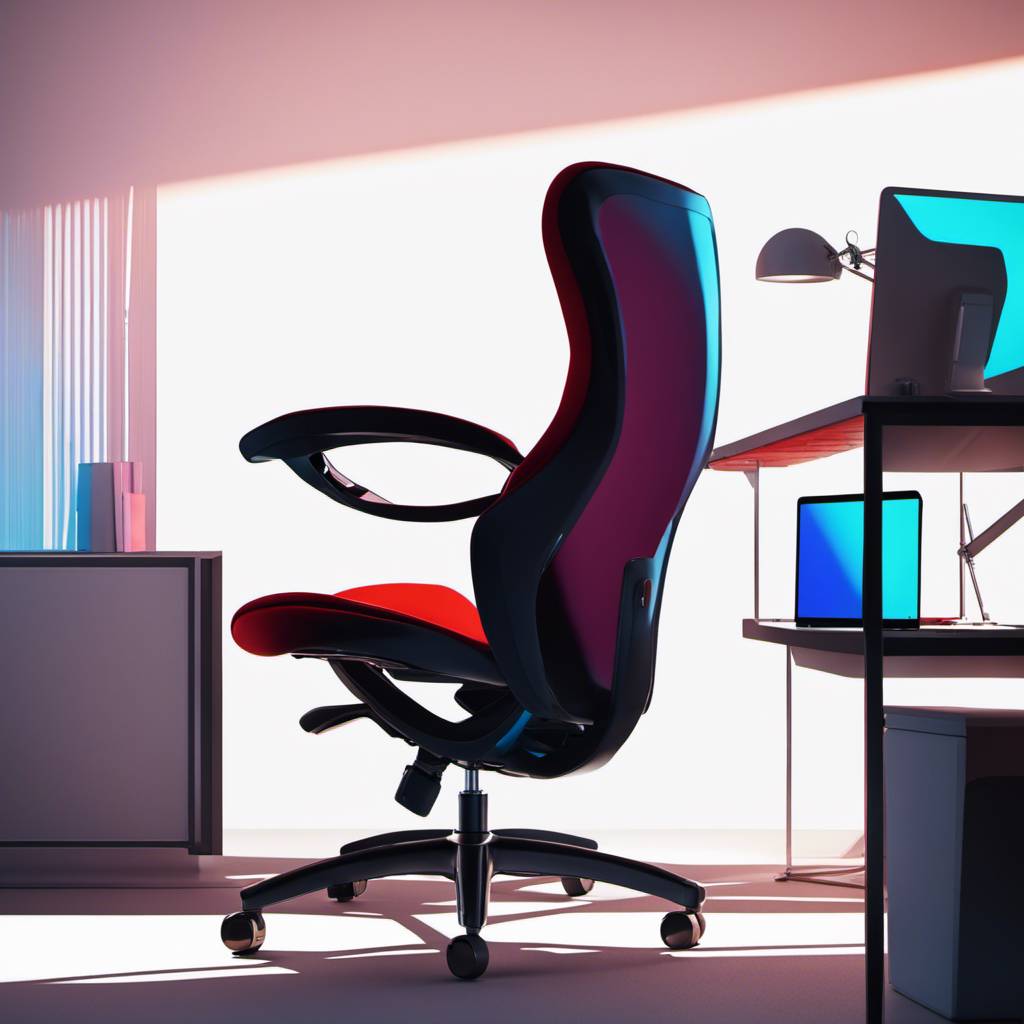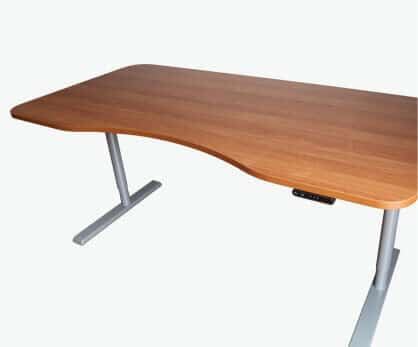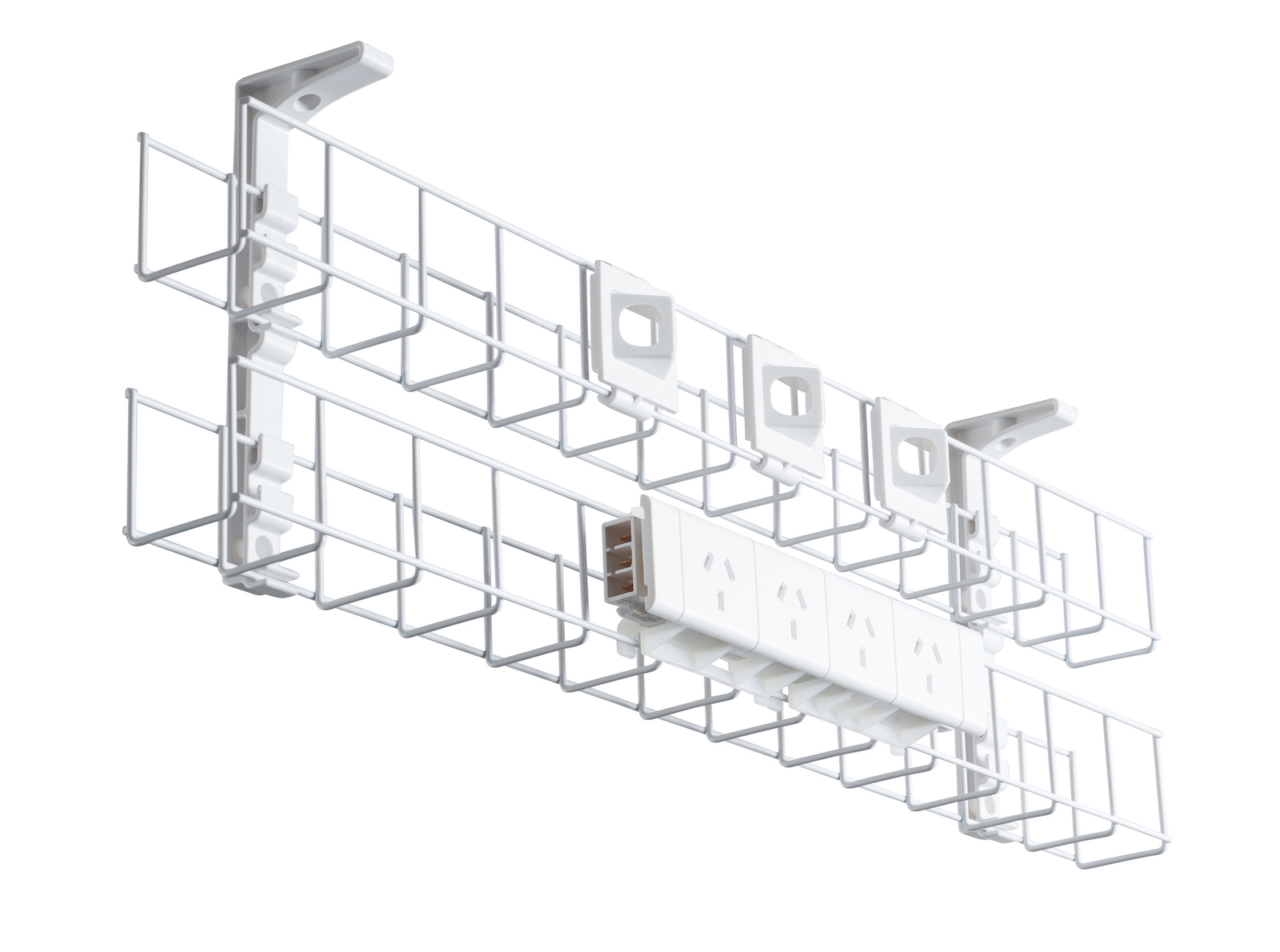
Combatting Back Pain: The Hidden Risk of Desk Jobs
The advent of the pandemic has sparked a renewed emphasis on health and fitness. Yet, despite our best efforts, the realities of modern life often conspire against us. A significant number of people are tethered to desk jobs that entail sitting for extended periods, a practice that can lead to back pain. So, how can we mitigate these aches while maintaining our desk-bound occupations? And more importantly, what exactly causes back pain?
Backaches can stem from a variety of factors, manifesting as anything from a mild, dull ache to severe, sharp pains. According to the National Institute of Neurological Disorders and Stroke, backaches can be classified into two categories – acute and chronic. Acute back pain is short-lived, typically lasting a few days to weeks, and generally resolves with basic self-care and exercise. Chronic back pain, however, persists for 12 weeks or more, even in the absence of an identifiable cause or injury. Alarmingly, research indicates that sitting may contribute to lower back pain, an issue that afflicts 80% of adults at some point in their lives.
Sitting for extended periods is a known culprit for backaches, but there are several other potential causes. Poor posture, for instance, can place undue stress on your shoulders, neck, and back. Slouching or slumping while working can stretch your spine’s ligaments, leading to back pain. The height of your desk and computer monitor can also impact your back health. If the monitor is set too low or high, it can encourage slouching or slumping. Moreover, sitting compresses the spine more than standing does, reducing circulation in your sponge and straining it. Consequently, prolonged sitting can lead to lower back pain due to the sustained seated position.
Other potential causes of lower back pain include sciatica – a condition caused by compression or irritation in the sciatic nerve in the lower back – and spondylolisthesis, which involves the vertebrae fusing together and can result in a hunched posture. In some cases, a bulging disc in the spine pressing on a spinal nerve can also cause back pain. These conditions can often be managed with physical therapy or medication.
So, how can we alleviate lower back pain? The first line of defense, as recommended by medical professionals, is maintaining an active lifestyle. Regular exercise, whether it’s a brisk walk or an intense gym session, can help alleviate body aches and ailments. However, moderation is key; overdoing it can be counterproductive.
One potential solution to combat the ill-effects of prolonged sitting is the use of a standing desk. The best sit stand desks encourage users to alternate between sitting and standing positions, promoting movement and reducing the strain on the back. According to a study titled “Call Center Productivity Over 6 Months Following a Standing Desk Intervention,” incorporating standing desks into the workplace boosted productivity among call center workers. Another study, “Sit-stand workstations and impact on low back discomfort: a systematic review and meta-analysis,” further confirmed that these desks help alleviate lower back pain.
Another potential remedy for lower back pain is heat and ice therapy. While ice can reduce inflammation and swelling following an injury, it can also decrease circulation over time. Heat therapy, on the other hand, boosts circulation and may improve movement. A study by the National Library of Medicine found heat therapy to be particularly beneficial for lower back pain.
If all else fails, over-the-counter pain relievers may provide temporary relief from inflammation and discomfort. However, these should not be viewed as a long-term solution.
In conclusion, while desk jobs and prolonged sitting can lead to back pain, there are several strategies available to mitigate these effects. From maintaining an active lifestyle to choosing an electric height adjustable standing desk, every small step towards better posture and movement can make a significant difference. While back pain can be a persistent issue, remember, it’s not an inevitable part of desk-bound life.





